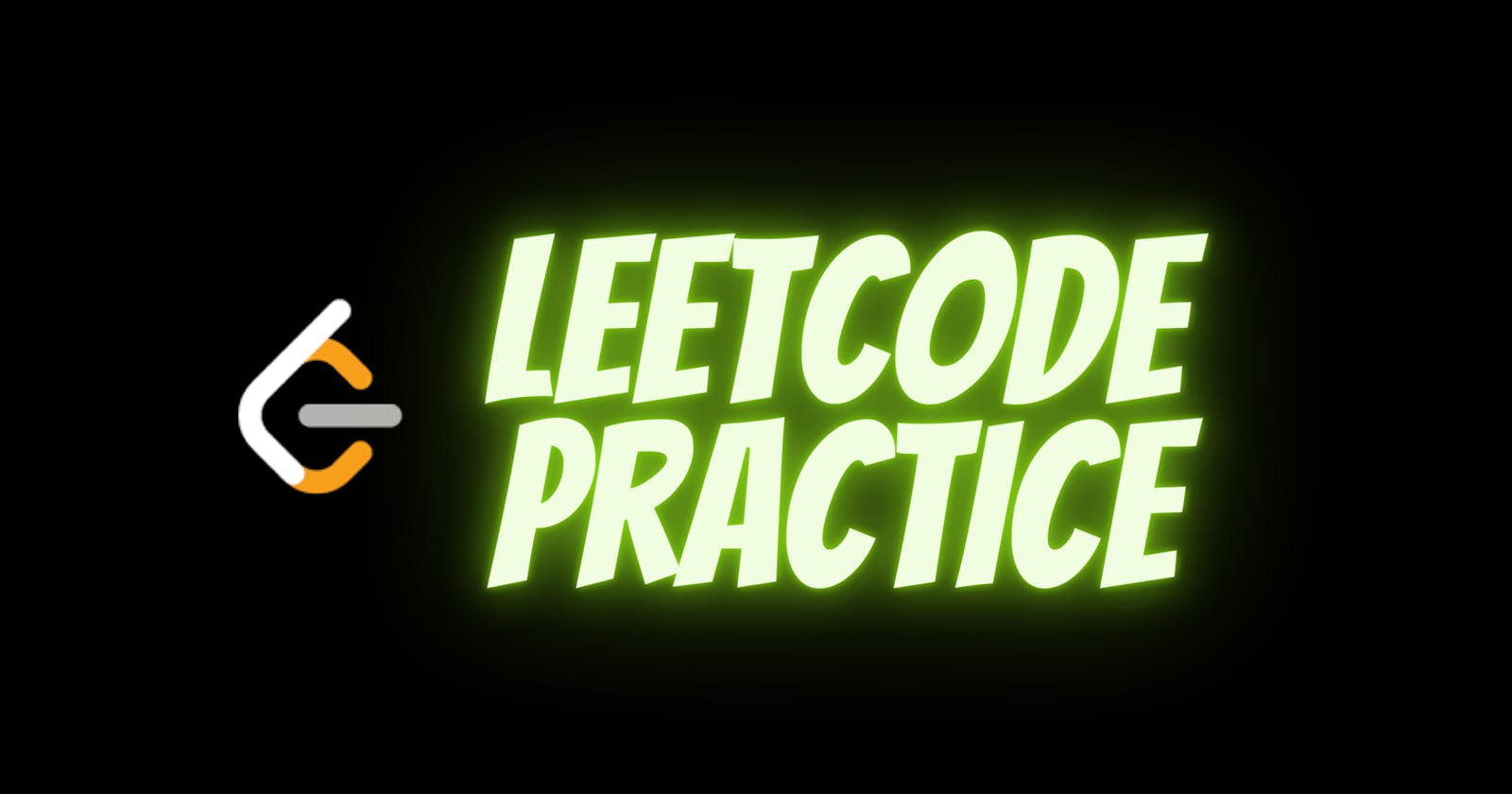For this type of scheduling question, it can be solved using Topological Sort. It's basically Graph BFS problem.
Though process:
- Initialize graph
- Build the graph
- Find the source node ( A node with no incoming edge)
- Traverse the graph via BFS, using a stack - FIFO
- If final output is same as total number of vertices, it can be schedule.
Time complexity: O(v+e) v for the vertices, e for it's edge
Link: Course Schedule
/**
* @param {number} numCourses
* @param {number[][]} prerequisites
* @return {boolean}
*/
var canFinish = function(numCourses, prerequisites) {
let sortedOrder = [];
// Init the graph
let inDegree = Array(numCourses).fill(0);
let graph = Array(numCourses).fill(0).map(() => Array());
// Build the graph
prerequisites.forEach((edge) =>{
let parent = edge[0];
let child = edge[1];
graph[parent].push(child);
inDegree[child]++;
});
// Find source
let source = []
for(let i =0; i<inDegree.length; i++){
if(inDegree[i] == 0){
source.push(i)
}
}
// BFS traverse
while(source.length >0){
const vertex = source.shift();
sortedOrder.push(vertex);
graph[vertex].forEach((child) => {
inDegree[child]--;
if(inDegree[child] == 0){
source.push(child)
}
})
}
return sortedOrder.length == numCourses;
};
